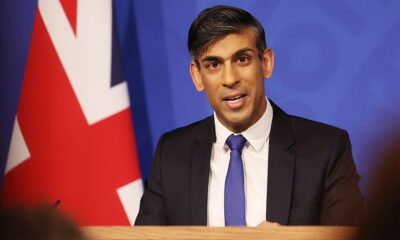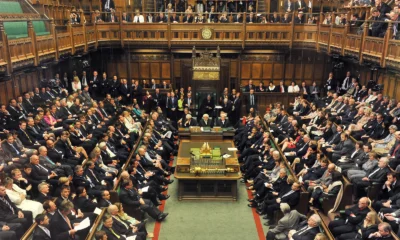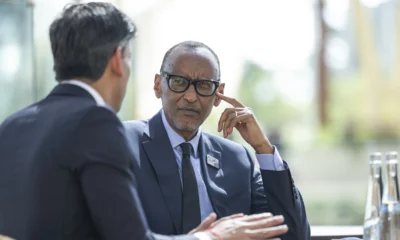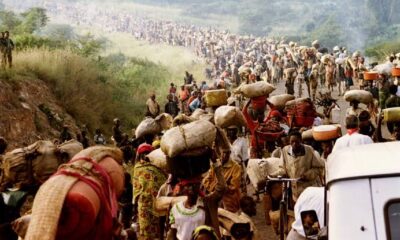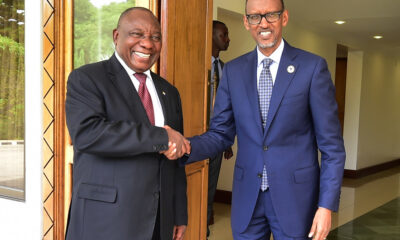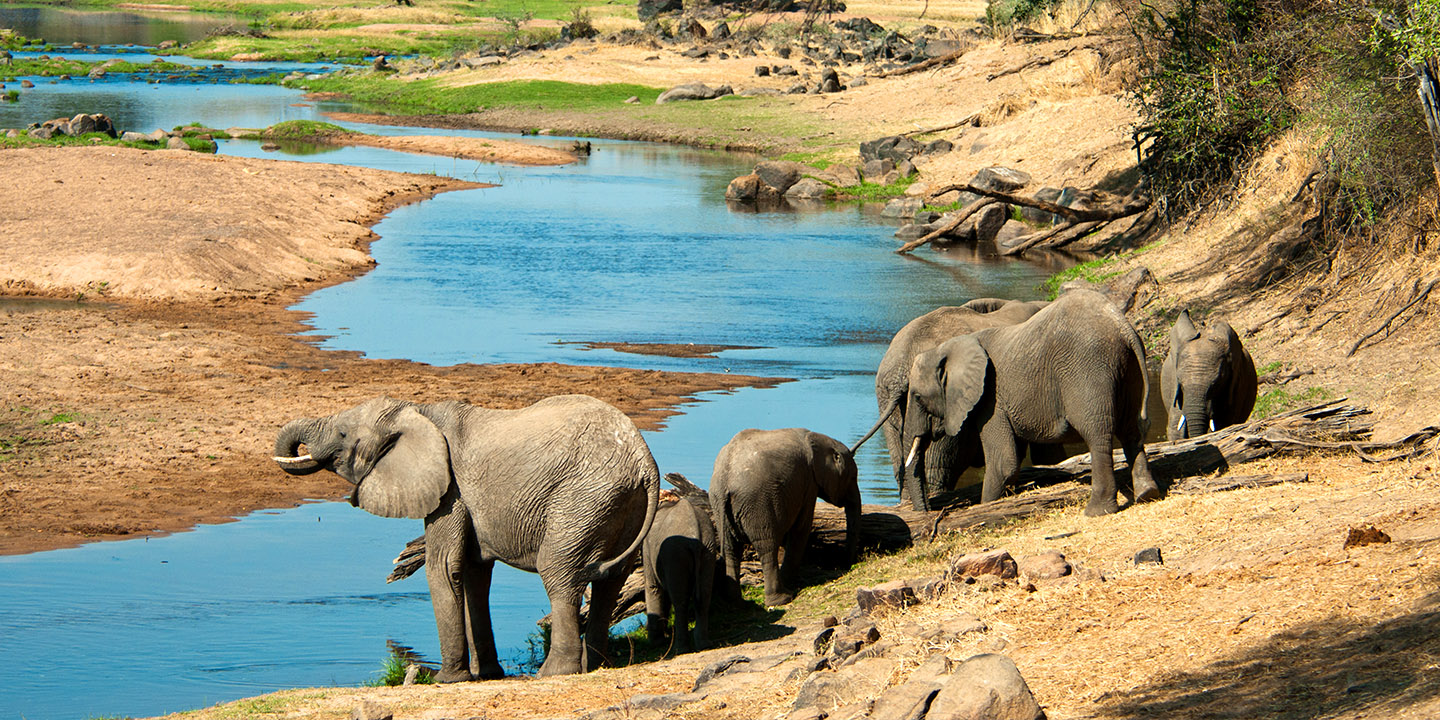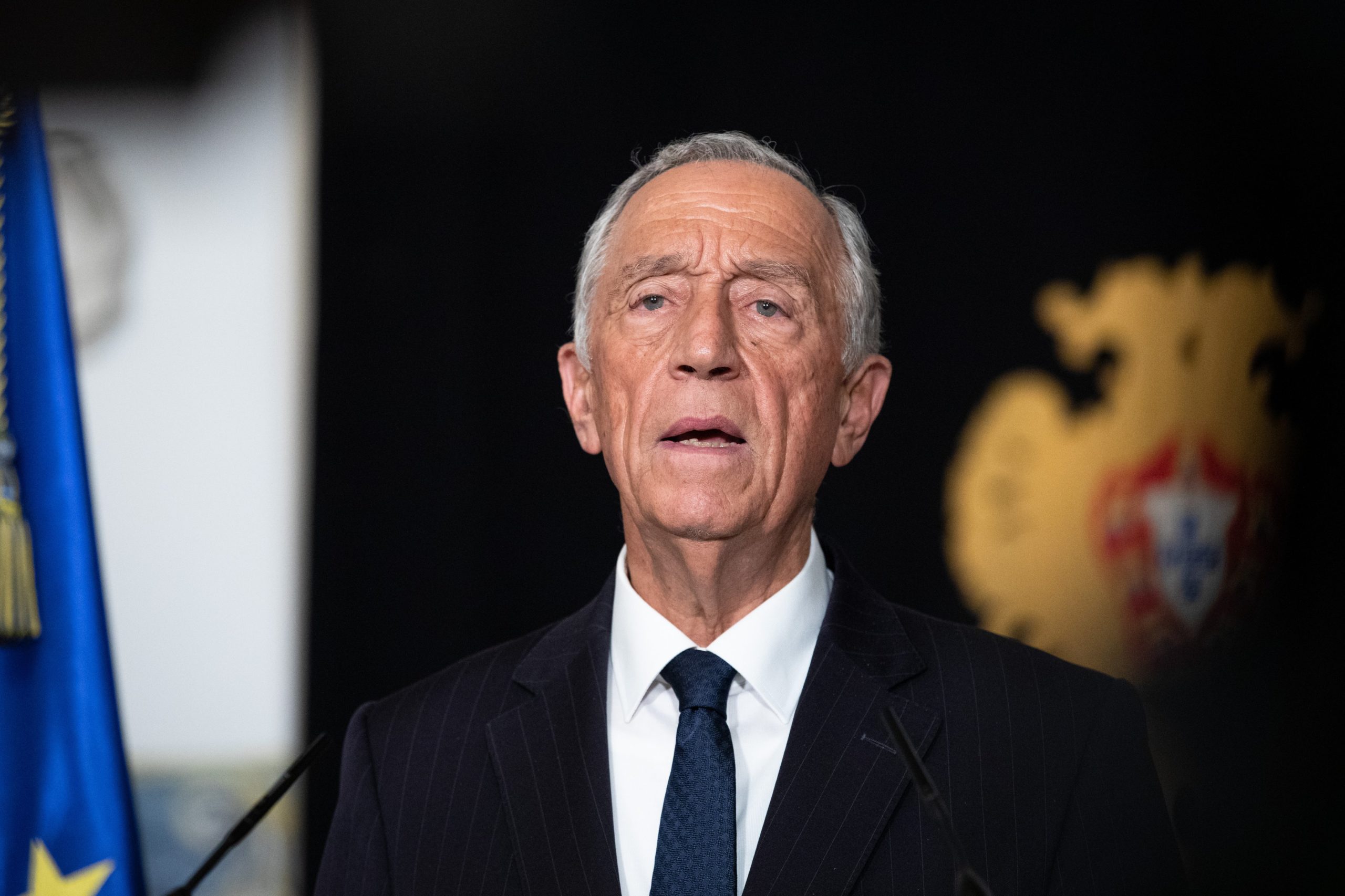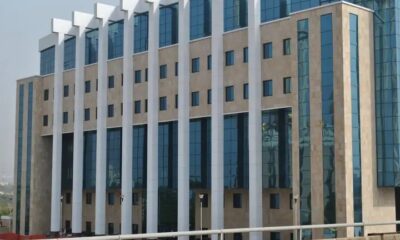As part of a voluntary initiative to help reduce the backlog of refugees whose requests to stay in the country have been denied, the British government intends to pay asylum seekers up to 3,000 pounds ($3,836) each to relocate to Rwanda.
The government’s stalled plan to forcibly deport the majority of asylum seekers to Rwanda is unrelated to the new agreement with that country. The plan was declared unlawful by the UK Supreme Court last year.
Rather, it replicates an already-in-place government policy in which asylum seekers are offered financial support to return to their home countries from Britain; however, under the new plan, the funding will only be granted to those who consent to reside in Rwanda.
Junior Business Minister, Kevin Hollinrake said on Wednesday that the new policy was a good use of public funds because it was less expensive than caring for British nationals who had been refused asylum but had not yet been deported.
Tens of thousands of asylum seekers in Britain have had their requests denied, but they are unable to leave the country because it is illegal for the government to send people back to war-torn or human rights-vulnerable nations.
“So, 3,000 pounds, of course, that’s a lot of money, but nevertheless, it costs a lot of money to keep people in the UK who are failed asylum seekers,” Hollinrake told LBC Radio.
Promises to stop the unauthorised arrivals of small inflatable boats carrying asylum seekers on England’s south coast have cost Prime Minister Rishi Sunak vast political capital.
The Supreme Court declared last year that the government’s plan to send thousands of people to Rwanda was illegal because it would have violated both international and British human rights laws.
Sunak’s government is attempting to override court opposition by putting legislation through parliament that would obstruct additional legal challenges by designating Rwanda as a “safe country” for asylum seekers.
The British government has stated that Rwanda can currently take in a few hundred British asylum seekers annually, and that number could be raised.
Prior to the anticipated national election in the latter part of this year, Sunak has stated that he wants the first deportation flights to depart within the next few months in order to fulfill his promise to “stop the boats.”
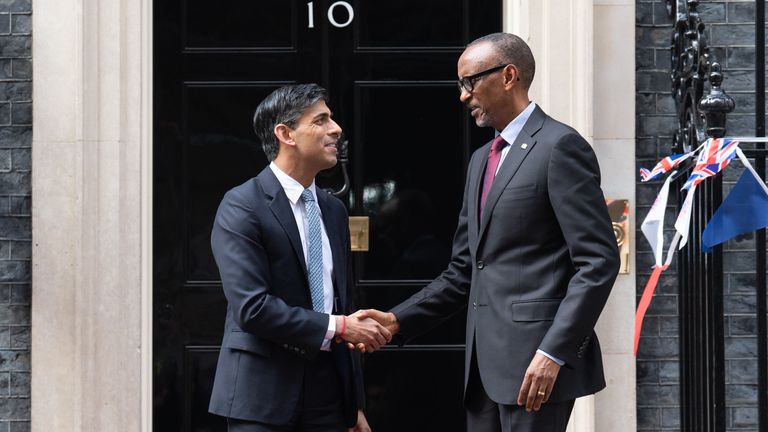

 Culture2 days ago
Culture2 days ago
 Tech1 day ago
Tech1 day ago
 Metro17 hours ago
Metro17 hours ago
 Sports15 hours ago
Sports15 hours ago

